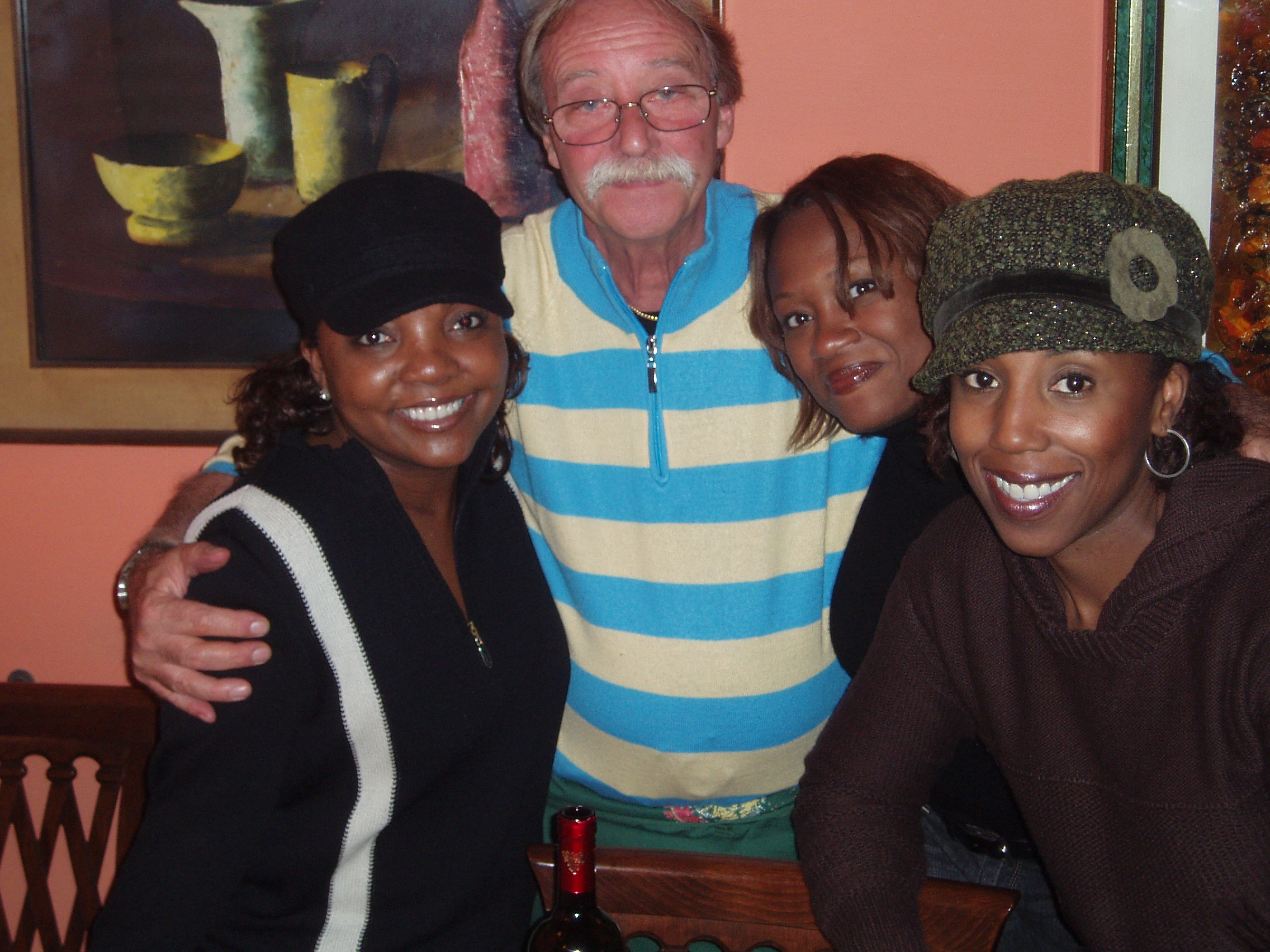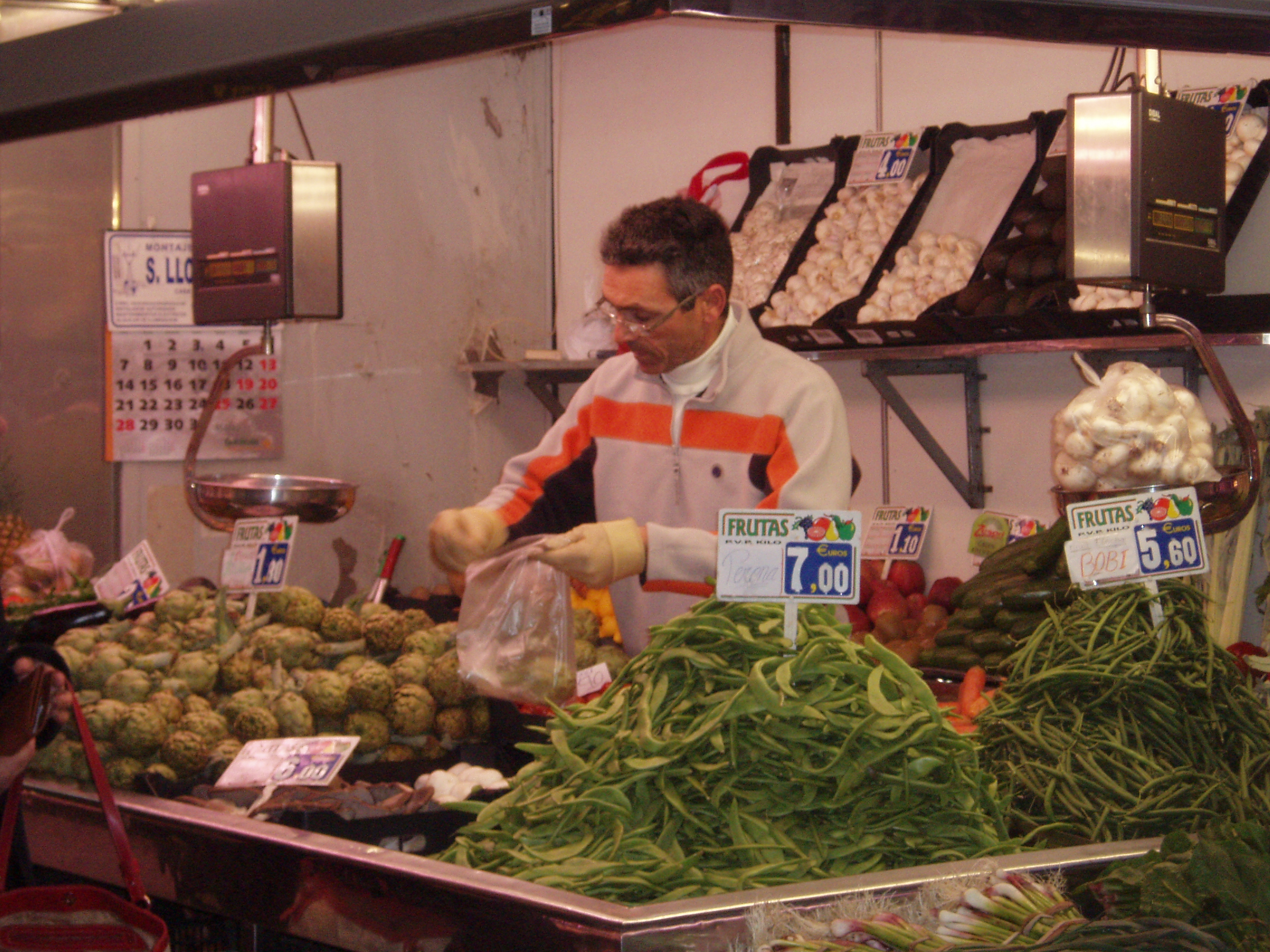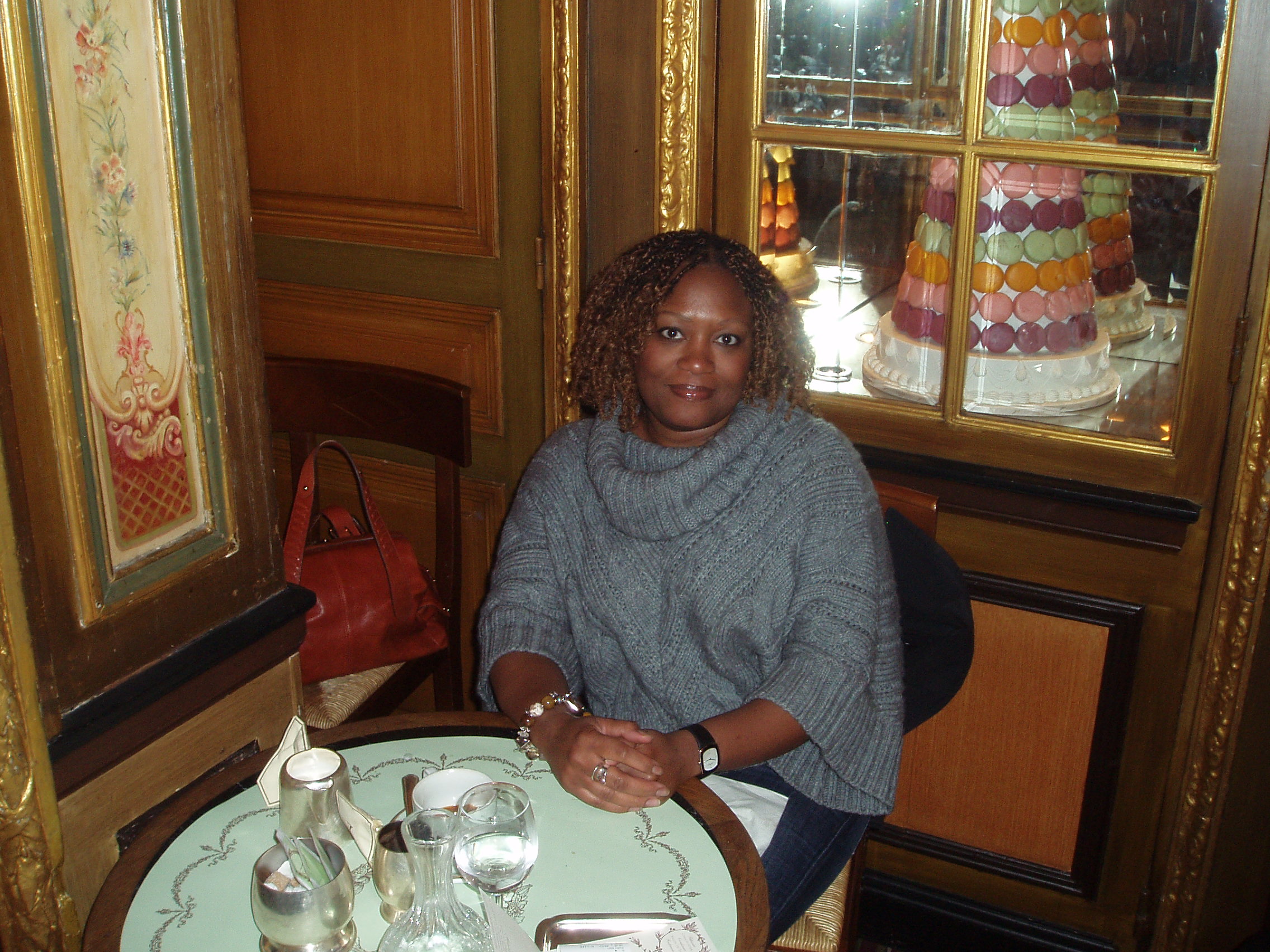It’s been a tough weekend for those of us Chicagoans who dreamed of bringing the 2016 Summer Olympic Games to our fair city. Friday, we found out that years of preparation came to naught when the International Olympic Committee ousted Chicago in the first round of voting, along with Tokyo. We longed to share our Midwestern American city—one filled with incredible architecture, home to people from dozens of nationalities and languages, not to mention innovative cuisine that rivals anything Los Angeles or New York City have to offer. But alas—the Olympic dream wasn’t to be, despite the passionate presentations of President Barack Obama and First Lady Michelle in Copenhagen last week.
As a native Chicagoan, though, I like to think the city’s exposure to the global community over the past few years have exposed more of the world to the treasures here. Perhaps instead of foreign visitors automatically setting their sights on New York and Hollywood, they’ll spend their holidays and valuable tourist dollars here in the Windy City, a cultural gem underrated far too long.
But good for Rio de Janeiro. May they host a memorable 2016 Olympics, one that will showcase the amazing and gorgeous diversity of the Brazilian people. If we in Chicago couldn’t take home the gold, I’m just glad that Brazil—and South America, for the first time—will get a chance to shine on the world stage.


